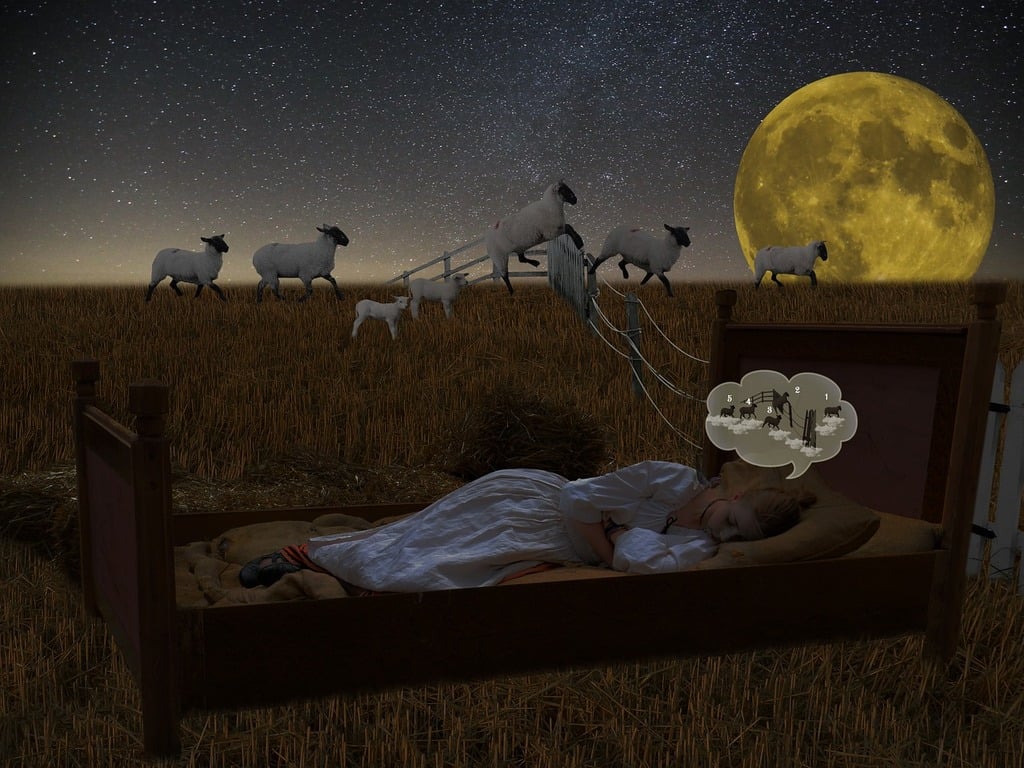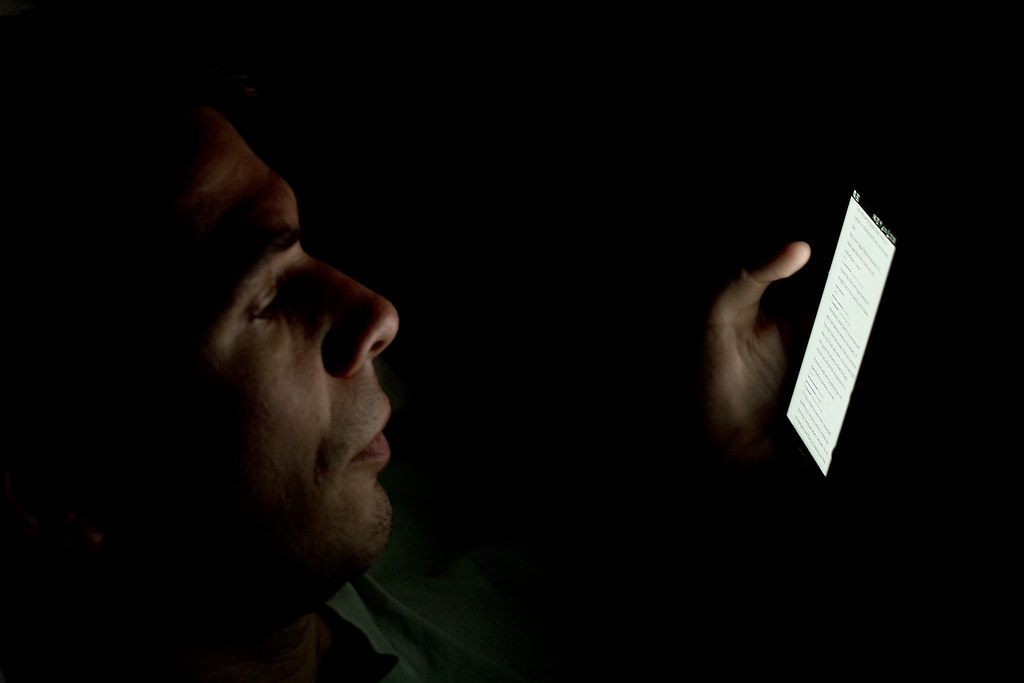The Science of Sleep: Understanding Our Restful State
Sleep, an essential biological process, plays a vital role in our physical and mental well-being. It’s during sleep that our bodies repair, rejuvenate, and consolidate memories. But what exactly happens while we’re asleep? Let’s delve into the fascinating world of sleep science.
Stages of Sleep
There are four stages of sleep, divided into two categories:
- Non-REM (NREM) Sleep: This stage is characterized by a decrease in brain activity and muscle relaxation. It’s further divided into three stages:
- Stage 1: A transitional phase between wakefulness and sleep, often accompanied by vivid images and sensations.
- Stage 2: This stage is characterized by light sleep with occasional bursts of brain activity.
- Stage 3: This stage is known as deep sleep or slow-wave sleep. It’s crucial for physical restoration and memory consolidation.
- REM (Rapid Eye Movement) Sleep: This stage is marked by rapid eye movements, increased brain activity, and vivid dreams. It’s essential for cognitive function, memory consolidation, and emotional regulation.
Sleep Cycles
Throughout the night, we alternate between NREM and REM sleep in cycles that typically last around 90 minutes. Early in the night, we spend more time in deep NREM sleep, while REM sleep becomes more prominent towards the morning.
Why Do We Need Sleep?
- Physical Restoration: Sleep allows our bodies to repair tissues, muscles, and cells.
- Cognitive Function: Sleep is essential for memory consolidation, learning, and problem-solving.
- Emotional Regulation: Adequate sleep helps regulate mood, reduce stress, and improve mental well-being.
- Immune System: Sleep plays a crucial role in maintaining a healthy immune system.
Sleep Disorders
Many people experience sleep disorders that can disrupt their sleep quality and negatively impact their health. Common sleep disorders include:
- Insomnia: Difficulty falling asleep or staying asleep.
- Sleep Apnea: A condition where breathing is interrupted during sleep.
- Narcolepsy: A neurological disorder that causes excessive daytime sleepiness.
- Restless Legs Syndrome: A neurological disorder that causes an irresistible urge to move the legs.
Improving Sleep Hygiene
To promote better sleep, it’s important to practice good sleep hygiene:
- Consistent Sleep Schedule: Maintain a regular sleep schedule, even on weekends.
- Comfortable Sleep Environment: Create a comfortable and relaxing sleep environment.
- Limit Screen Time: Reduce exposure to screens before bed, as the blue light emitted can interfere with sleep.
- Avoid Stimulants: Limit caffeine and alcohol consumption, especially close to bedtime.
- Manage Stress: Practice stress-reduction techniques like meditation or yoga.
By understanding the science of sleep and adopting healthy sleep habits, you can improve your overall well-being and enjoy a more restful night’s sleep.








